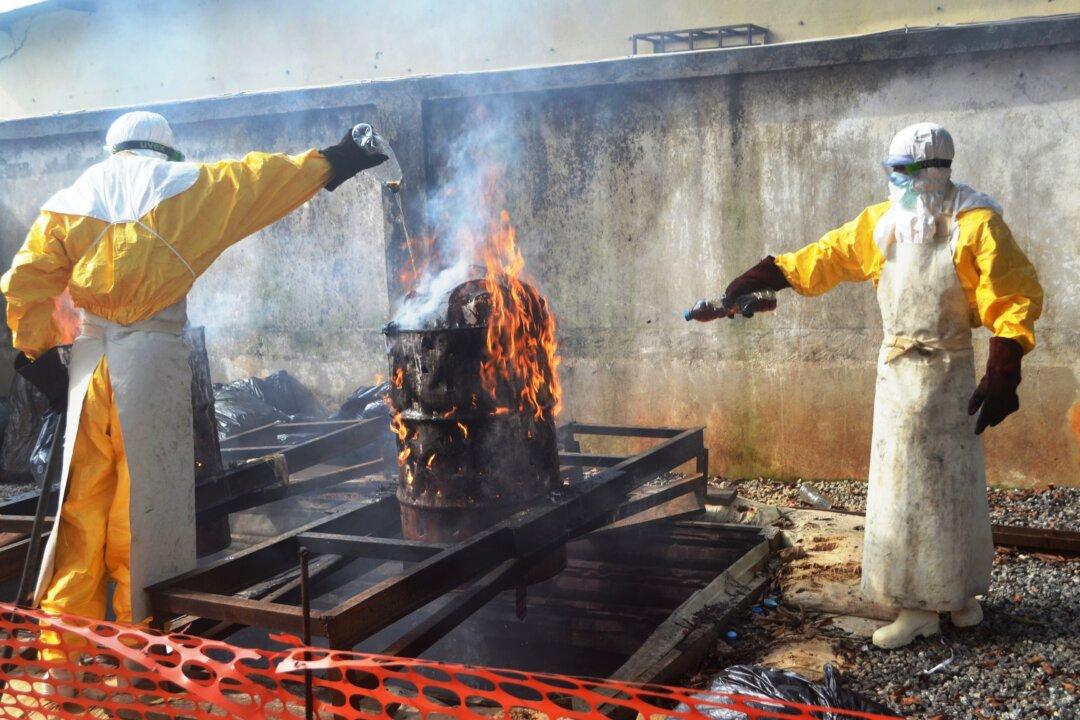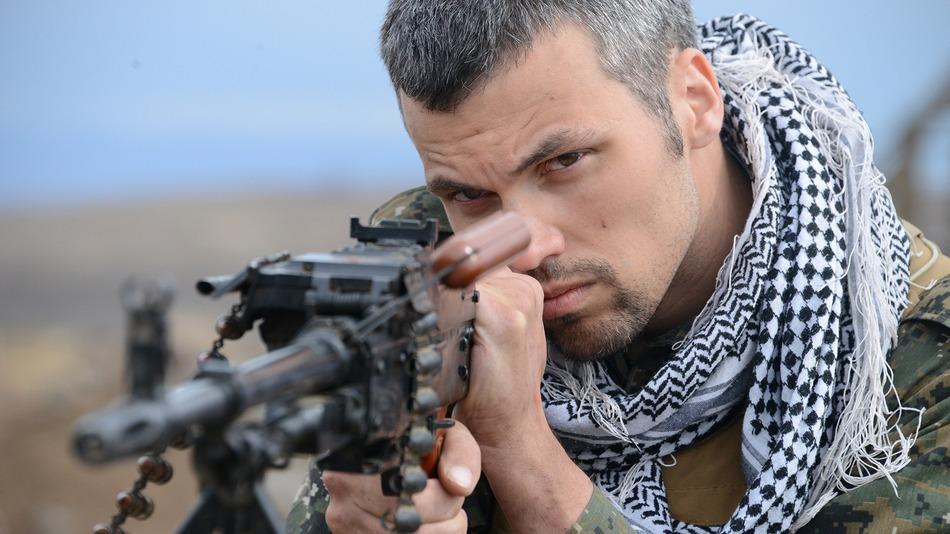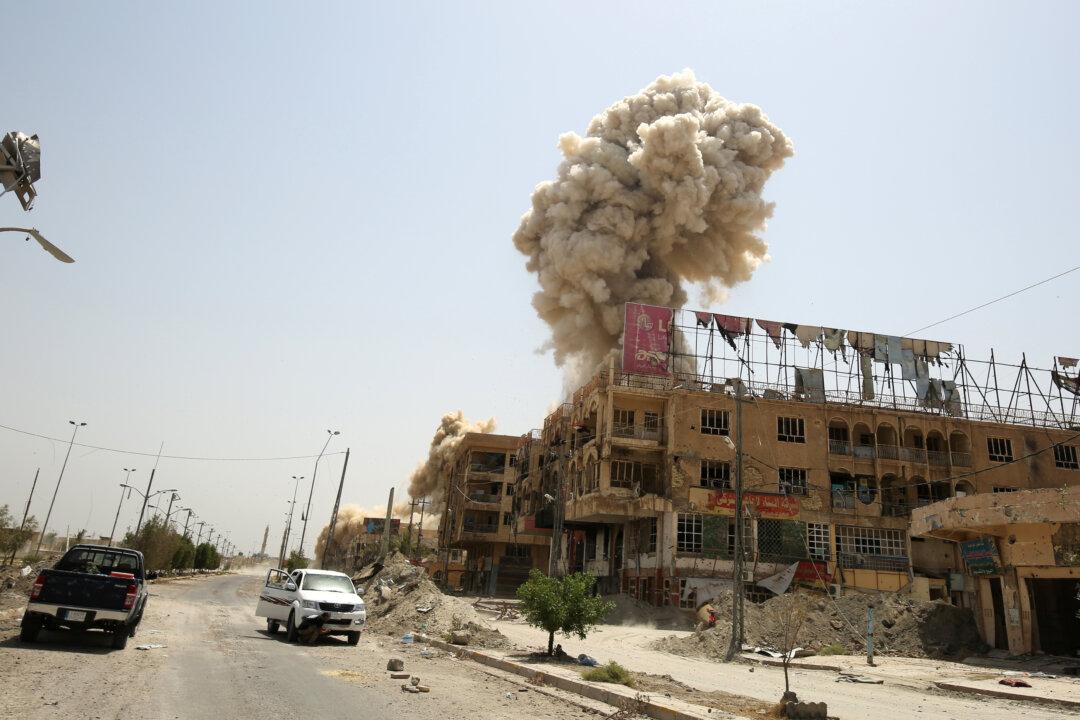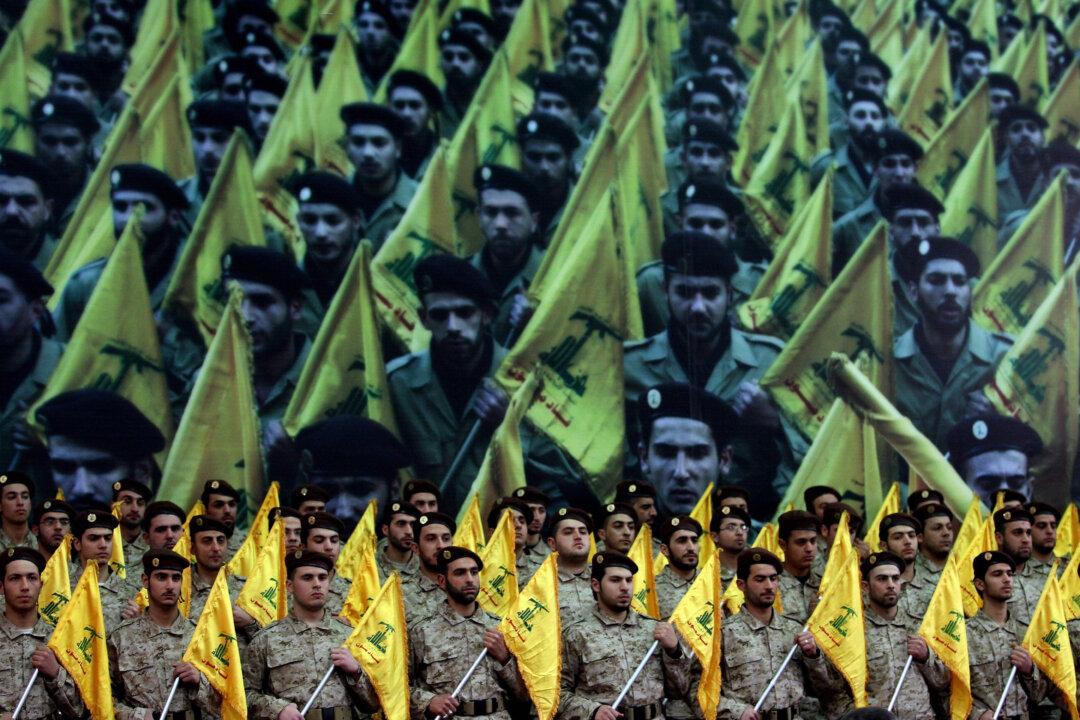The unprecedented Ebola outbreak in West Africa that has sickened almost 5,000 and killed over 2,400 has elicited a military response from the U.S. government. On Tuesday, President Barack Obama said his administration will deploy 3,000 troops to create a regional command to support U.S. military activities there and help with international relief efforts. The troops will be headquartered out of Monrovia, Liberia. Another 65 uniformed public health professionals from the U.S. Public Health Service Commissioned Corps will also go to the region.
Health officials at the U.S. Centers for Disease Control (CDC) suspect that the real numbers of those who are sick and have died from the virus may be two to three times higher than the available figures. Not all cases are reported and not every Ebola death is linked to the illness.
Window Closing
“There is a window of opportunity to control the spread of this disease, but that window is closing,” said Dr. Beth Bell of the CDC during a senate hearing on Tuesday. Bell described the outbreak as “ferocious” and warned, “the best way to protect the U.S. is to stop the outbreak in West Africa.”
The current outbreak, the worst of many that have appeared over the past 40 years, started in March 2014.
Cases have been documented in Guinea, Liberia, Nigeria, Senegal, Sierra Leone, and have partially spread by the relatively porous borders between some of the countries. Despite the number of cases and increasing alarm over the spreading virus, there are only a handful of treatment centers set up to treat the ill.
The best way to combat Ebola, which is spread through bodily fluids, is to isolate those infected and keep them hydrated so that their immune systems can fight off the virus, which has a 50–90 percent mortality rate. An experimental treatment is in the works, but has only been used in a few cases.
Following the announcement of troop deployment in West Africa, Obama spoke from the CDC headquarters in Atlanta to say that it will be the “largest international response in the history of the CDC.”
He also said that the world is looking for a leader on the crisis, and the United States will take on that role through partnerships with the United Nations and the governments of impacted countries. His comments come just a week before the annual U.N. General Assembly meeting in New York City next Tuesday.
Congress seemed to be right in step with Obama on Tuesday, regardless of political party.
“This outbreak has spread in ways that are potentially catastrophic for the world,” said U.S. Sen. Tom Harkin (D-Iowa) during joint senate committee hearing on Tuesday. Harkin branded Ebola a “deadly plague” in a statement before a joint hearing of the Senate Committee on Health, Education, Labor and Pensions, which he chairs, and the Labor Health and Human Services Appropriations Subcommittee.
“We are concerned as this virus starts to spread it could mutate,” said Harkin.
Sen. Jerry Moran (R-Kan.) echoed the sentiment.
“We need to declare a war on Ebola,” said Moran during the hearing. He added that “this requires a global response” and the United States is the best country to lead it.
Over 100 CDC personnel are already in West Africa, as well as a few members of the Public Health Service Corps.
The war on the virus will be costly.
The United States has already spent or committed $175 million to combat the outbreak. The Department of Defense is now asking to reallocate $585 million for humanitarian assistance and overseas contingency operations. There is also a request for $30 million for more CDC response workers, $58 million more for the development and manufacturing of Ebola therapeutic and vaccine candidates, and $10 million that’s coming from USAID and the State Department.
Combating the virus on the ground is notoriously complex. Part of that stems from the difficulty in containing known and suspected cases of Ebola, in both isolated countryside villages and dense population centers.
Tremendous Impact
Wael Dabbous, who produced and directed a piece about Ebola for Frontline, spent two weeks in Sierra Leone with his crew in July. He thinks that 3,000 troops could have a tremendous impact if they can help support local health workers and disease surveillance officers.
His team filmed a Doctors Without Borders emergency relief team at a newly built Ebola isolation facility in the eastern part of the country, and followed local health workers as they struggled to track down and bring the infected into the isolation field hospital.
“It was clear on the ground that local resources and the level of training are just not enough to combat this outbreak,” said Dabbous on Tuesday by email from London. “Worse still is the fact that health workers initially did not realize they were dealing with the deadly Ebola virus, as the symptoms are so similar to malaria and other diseases common in the region.”
Dabbous described the local morgue as “overflowing” while health workers struggled to respond to reach possible new cases.
“They have just a couple of ambulances to cover a population of nearly half a million people,” said Dabbous. He said some new cases of still living infected patients had to be transported in a hearse to the field hospital.
Fear of Health Workers
Another challenge the U.S. military and new aid workers traveling to the region will face is what Dabbous describes as a “climate of fear.”
“In one village we visited, the disease surveillance team arrived to collect an infected man, but all the villagers literally ran and hid in the forest,” said Dabbous. “They were scared of the health workers and had heard rumors that doctors were deliberately killing people at the hospitals.”
The infected man later fled across the border to neighboring Guinea, “thus risking spreading Ebola to many more people.”




